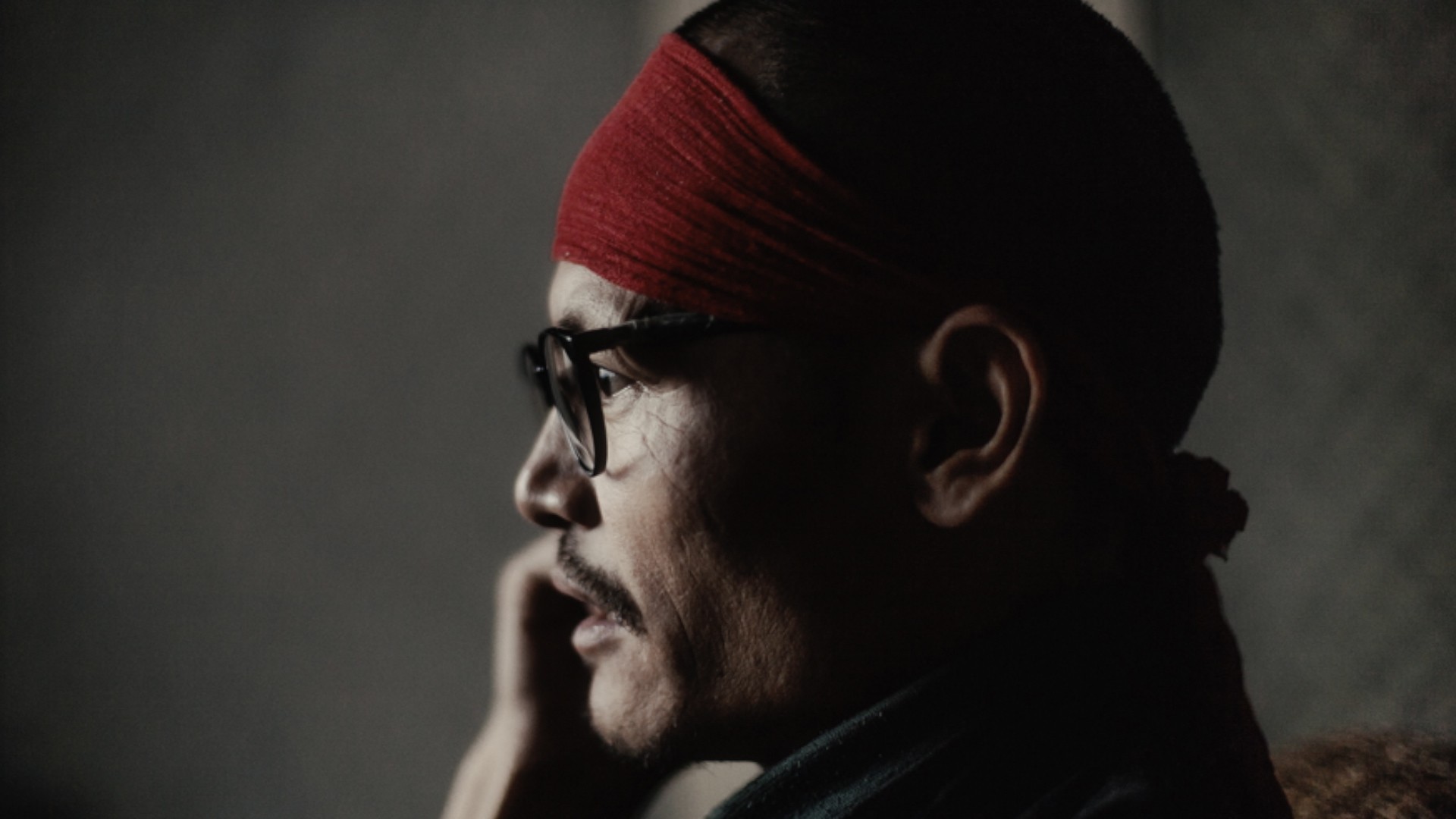A screengrab of Tsewang Norbu (middle) at a Chinese singing competition. Photo provided by Tsering Kyi
Dr Timothy Grose, a professor of China Studies at the Rose‐Hulman Institute of Technology in Indiana, U.S., said that Norbu’s music wasn’t “overtly political” in the Tibetan music landscape that is otherwise subversive or underground, with acts heavily using traditional Tibetan instrumentation to show pride in their culture. Instead, Norbu’s music was more “globalised and international.” “There are bits where you hear Black Eyed Peas-type hip-hop, or there’s some rap to it,” Grose said. Norbu’s death came as a surprise to Grose. “Someone who attained rare achievements in the Chinese system, and was a poster boy of assimilating with the Chinese system, took his life in this overtly political protest,” he said. “This makes Norbu’s self-immolation even more powerful.”Tharpa, a former member of the Tibetan Parliament in Exile, said he was also shocked when he heard about his cousin’s death.“Someone who was a poster boy of assimilating with the Chinese system took his life in this overtly political protest. This makes Norbu’s self-immolation even more powerful.”

Observers say Norbu was never overtly political, but his self-immolation has sparked interest in subtle undertones of his work. Photo provided by Tsering Kyi
“Norbu’s death has shown that the wealth and glamour that the Chinese Communist Party provides isn’t enough to weaken Tibetan identity, pride and deeper political aspirations,” said Grose. Norbu is the latest on the International Campaign of Tibet's list of self-immolations, and the organisation states that he is “believed [to be] deceased.”However, journalists and advocacy groups outside Tibet still can’t confirm Norbu’s death.Last week, The Economist cited a Chinese foreign ministry official claiming Norbu might still be alive. The official claimed that Norbu’s “attempted suicide” by self-immolation was caused by “mental illness,” and that it wasn’t his first attempt at suicide.“It is largely the [Chinese] state that determines what is political in Tibet.”
On March 10, which marks the Tibetan Uprising Day, several Tibetan protesters in different parts of the world came out on the streets. Some held photos of Norbu. Photo: International Campaign for Tibet Brussels/ Facebook
